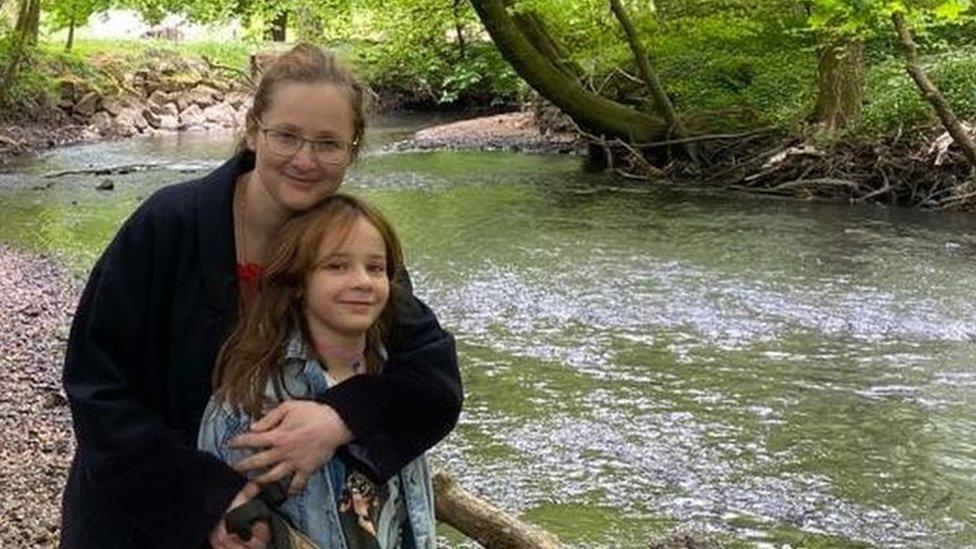Cadw: Wales heritage festival launched with special access locations
- Published
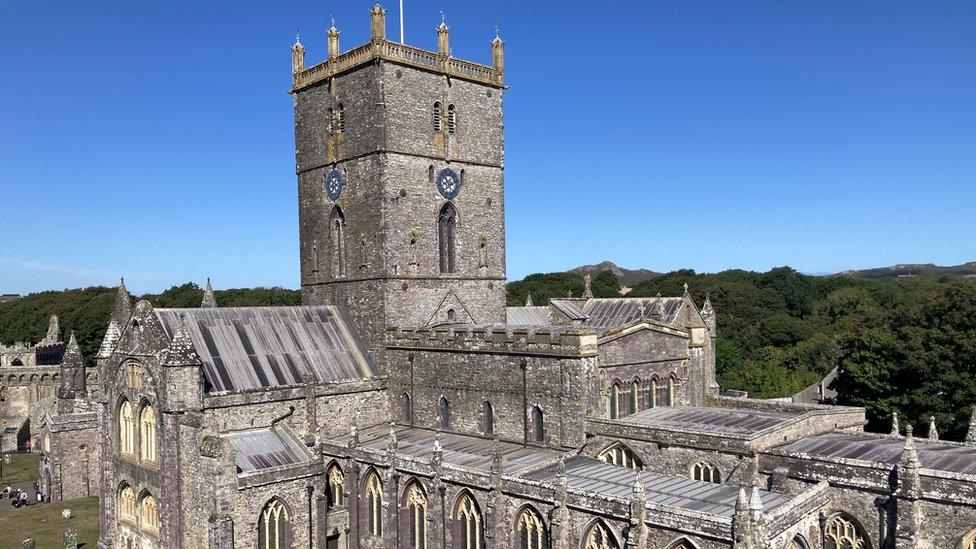
The public are being allowed into St Davids Cathedral's medieval gatehouse lapidarium and bell tower for the first time
A festival celebrating Wales' historic sites and landmarks has been launched.
Last year's Open Doors, external festival, run by Cadw, was scaled back considerably because of Covid restrictions.
The government body responsible for the preservation of historically important buildings in Wales is keen to show the vast number of historic and unusual sites to be found in Wales this year.
The event will include hidden history tours and access to unusual and historic locations not normally open.
They include a medieval animal pound in Llandaff, Cardiff , externaland a colliery winding house near Trehafod, Rhondda Cynon Taf., external
In St Davids, Pembrokeshire, the public are being allowed for the first time access to the cathedral's medieval gatehouse lapidarium and bell tower.
"It is always difficult with historic buildings, they can be fragile and need looking after so there has to be careful consideration about what access is given," said the head of Cadw Gwilym Hughes.
Cadw conserves and manages 130 historic Welsh monuments and also offers owners and occupiers of large numbers of historic sites advice and guidance about good conservation practice along with grants for the conservation and repair.
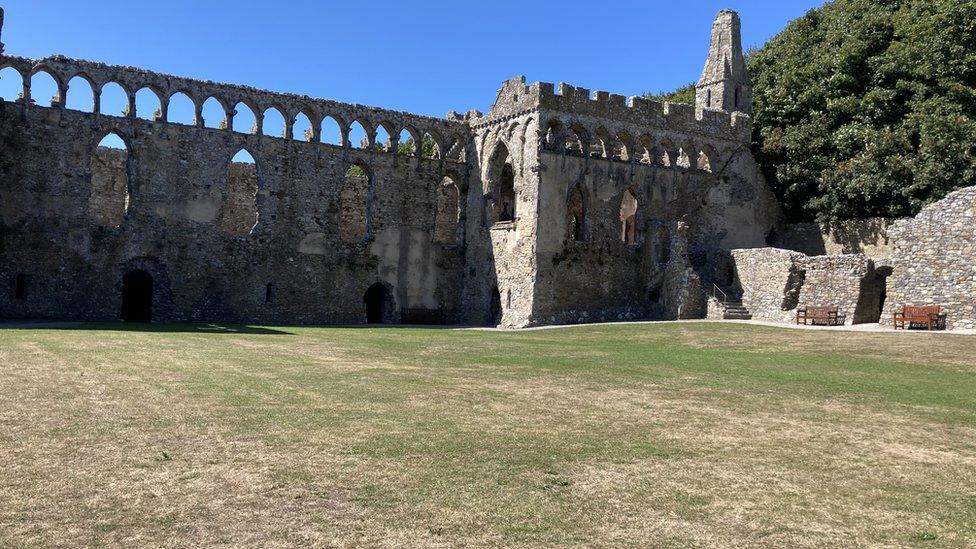
Entry to Bishop's Palace at St Davids Cathedral will be free on some dates during Open Doors
Heritage is estimated to contribute £963 million to the Welsh economy and support more than 40,000 jobs.
Twenty eight larger Cadw sites are staffed. In 2019 they attracted nearly 1.5 million visitors, Mr Hughes said the Cadw main visitor locations were vastly outnumbered by hundreds of smaller locations.
The Open Doors festival sets out to allow people to explore those sites too.
"I want to keep these places alive. Bring them alive with different activities, make people learn something about Welsh history and heritage. What I like to describe as back-handed learning," said Ffion Reynolds, arts and heritage manager with Cadw,

WALES' HOME OF THE YEAR Which home will Owain, Mandy and Glen judge worthy?
IOLO: A WILD LIFE: Iolo delves into the archives from the past 25 years

- Published23 August 2022
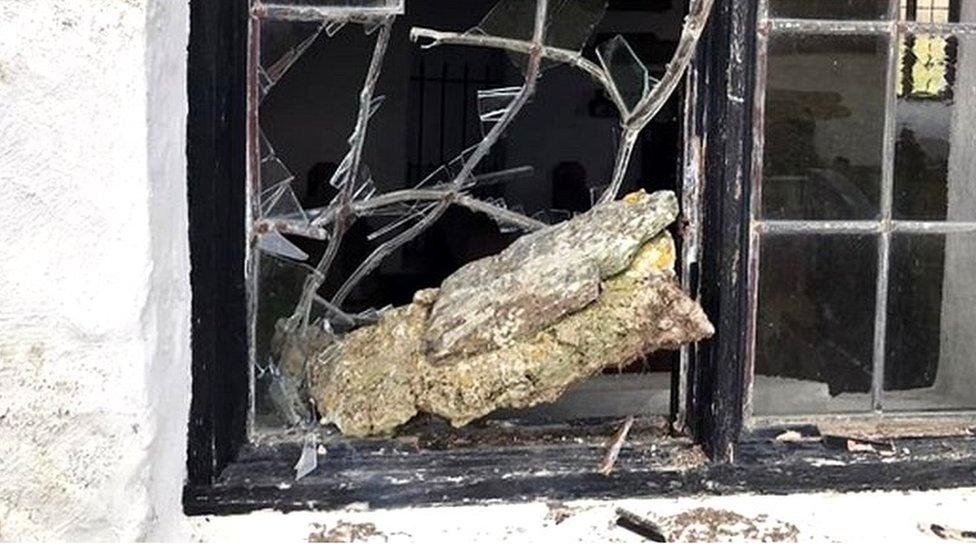
- Published28 July 2021
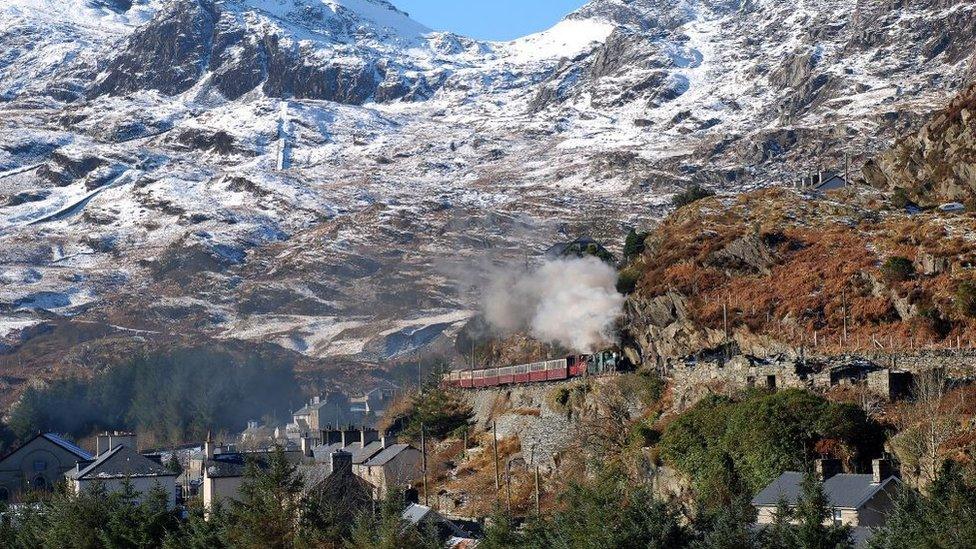
- Published8 May 2022
